Description
Dried Fenugreek Leaves (also known as Kasuri Methi) are often used in traditional Indian dishes, in recipes for Green Thai curry paste and to make Paneer. We suggest adding the dried leaves to your favourite curry or adding a light sprinkling to root vegetables such as carrots and sweet potatoes before cooking. The options are endless.
popularly known in the Indian subcontinent as Kasuri Methi, fenugreek leaves are an ancient spice used for flavoring various dishes. The leaves have a bitter taste, but when added to the recipe, titillate the taste buds.
Apart from the dried leaves, the green leaves and the seeds are also commonly used while cooking. The yellow-amber coloured seeds are added in the preparation of pickles, vegetables, and spice mixes like sambar powder. Dried Fenugreek Leaves seeds are available both in powdered and grounded form. The seeds are roasted to reduce the bitterness and enhance the aromatic flavor. The herb is also sold in powdered form or dried leaves form which can be bought and powdered.
Usage
Fresh green leaves are used while preparing salads. The green leaves are cleaned and dry roasted to be added while cooking. This helps releasing flavor from the leaves. Apart from being used as a condiment, it is also added while preparing starchy vegetables, thick gravies and raitas for flavor. The stem of the plant has a lot of mud, which has to be washed to increase the shelf life of the leaves.
Dried Fenugreek Leaves Nutritional Value
1. Methi leaves, when consumed twice a day, cleanses the intestines and flushes out the waste from the body.
2. It is a widely acclaimed cure for arthritis.
3. However, over consumption of fenugreek leaves may cause nausea and gastrointestinal discomfort.
4. The seeds and leaves are good sources of dietary fiber and high in protein content.
5. Pregnant women are not advised to eat methi leaves as it is known to induce labour.
Did you know?
Fenugreek leaves, if stored in a cool and dry place, have a shelf life of about six months.
The seeds of fenugreek plant were formerly used as a yellow dye.
Sources: https://food.ndtv.com/
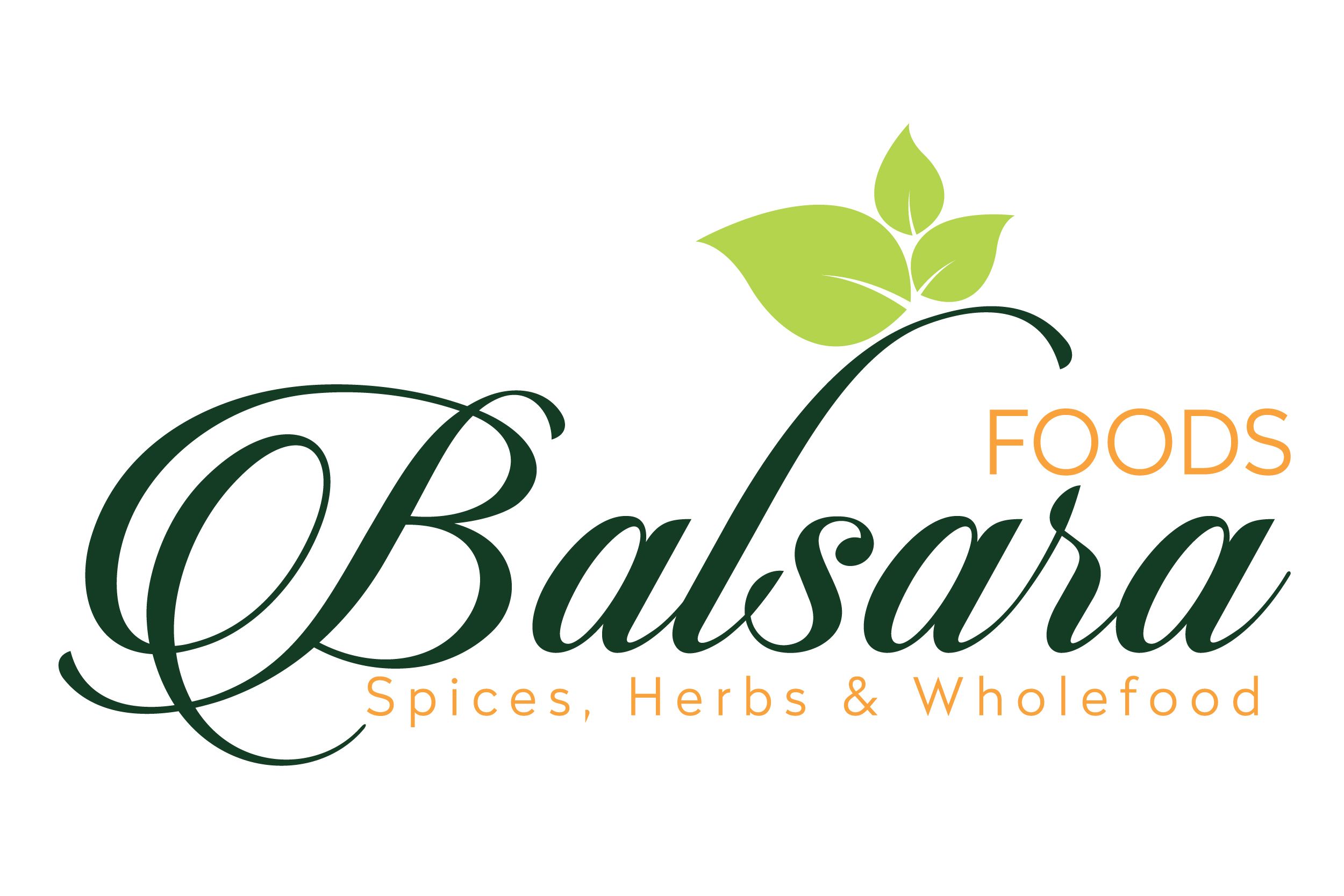
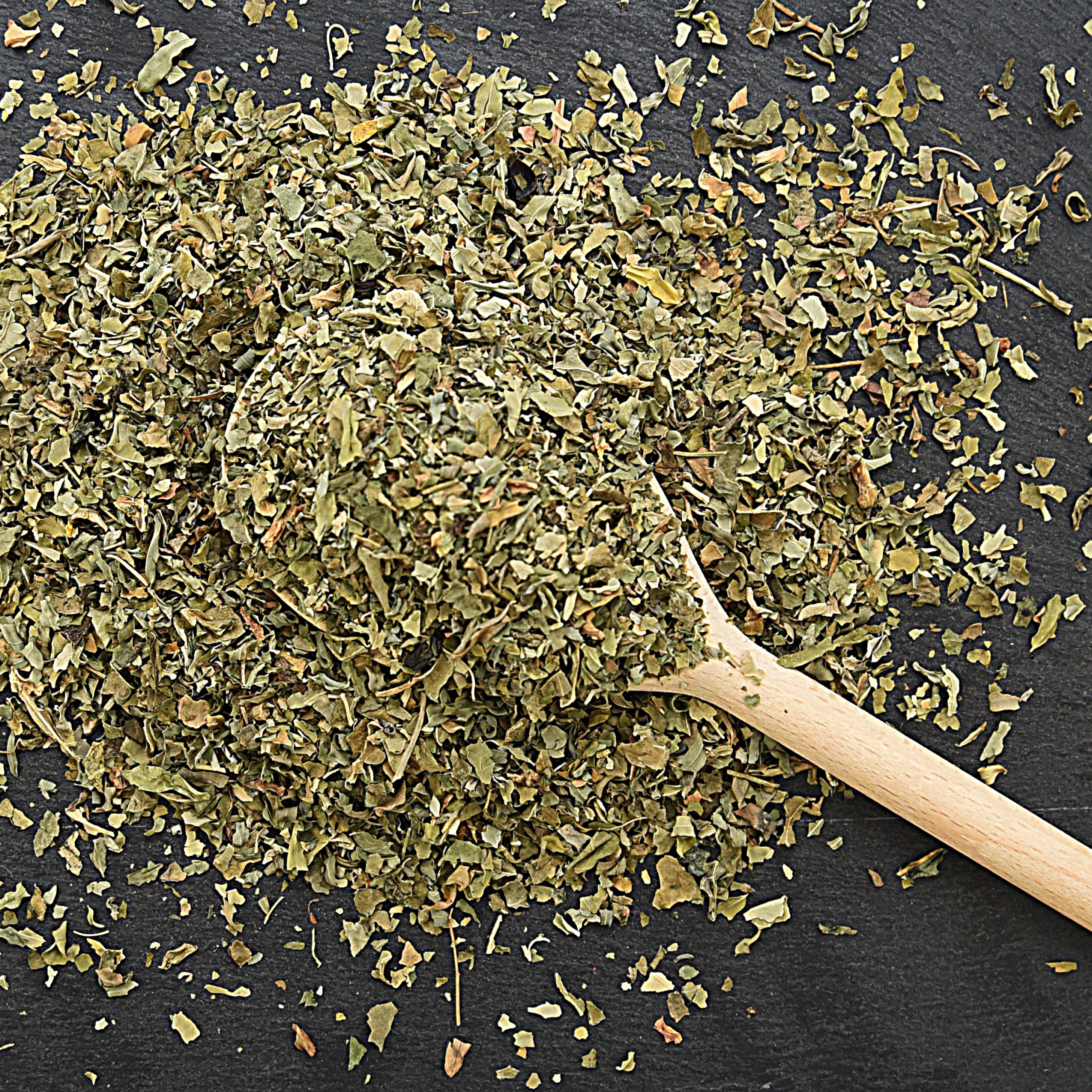
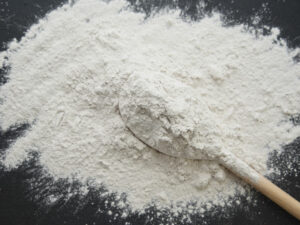
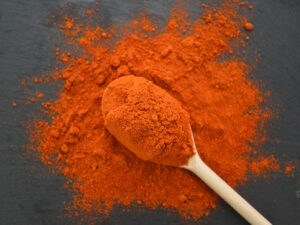
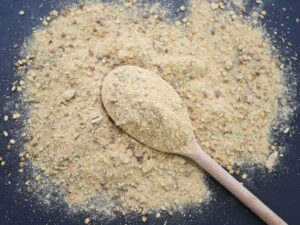
Reviews
There are no reviews yet.